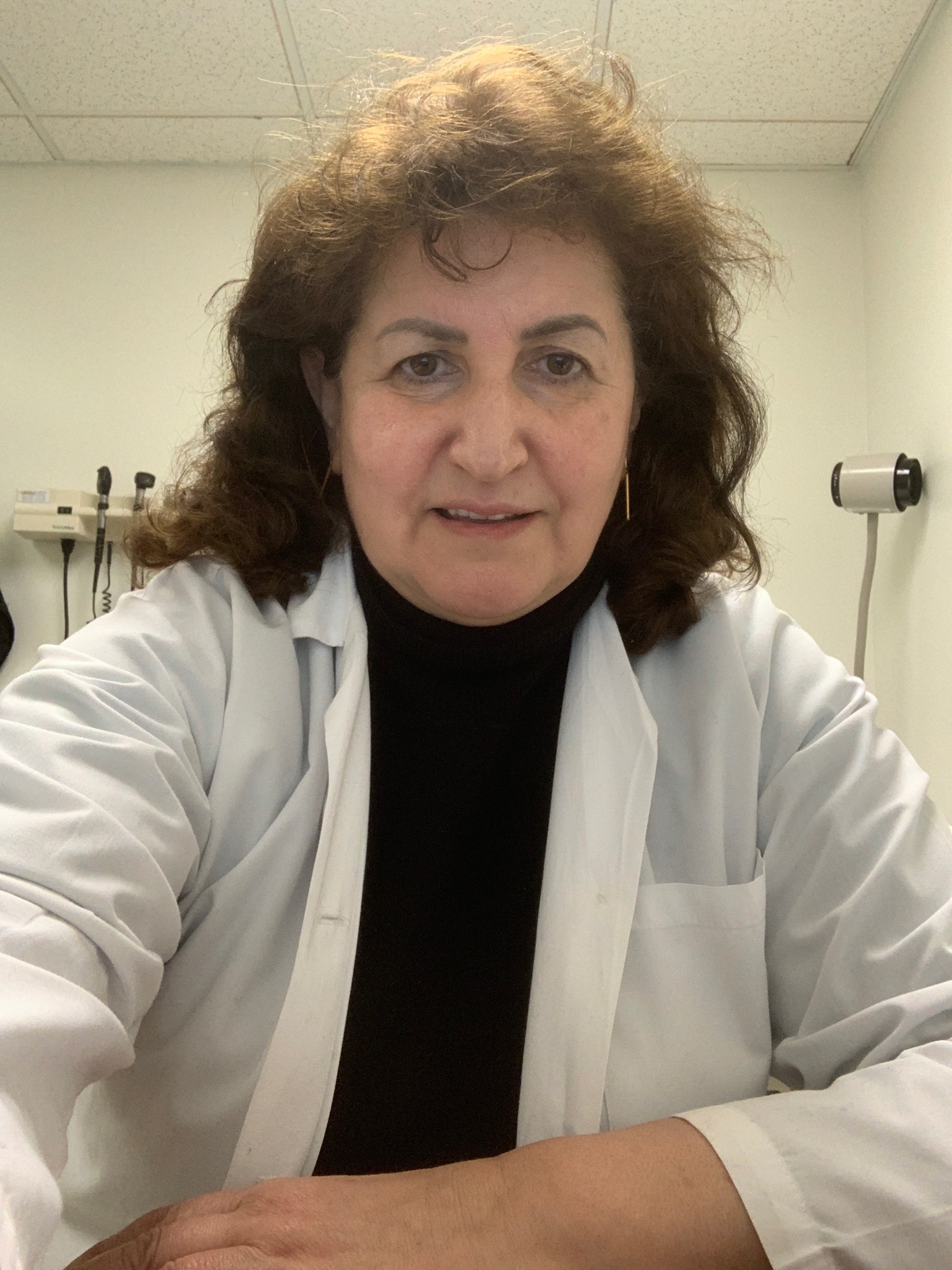Obsessive-Compulsive Disorder (OCD)
Understanding, Managing, and Treating OCD

Written by
Dr. Bessy Martirosyan

Reviewed by
Dr. Ellen Machikawa
What is OCD?
Everyone double-checks things sometimes. However, people with obsessive-compulsive disorder (OCD) cannot help themselves but indulge in repetitive behaviors, do certain rituals over and over, or have repeated unwanted thoughts. OCD is a medical illness that can have devastating effects on your life.
OCD is an anxiety disorder characterized by repetitive, ritualized behaviors. These behaviors are triggered by uncontrollable, unwanted thoughts (Obsessions) that create an urge to perform a particular activity (Compulsions). The compulsions aim to relieve the anxiety created by the obsessions briefly.
Key Facts About OCD:
- 3.3 million Americans have OCD
- 1-2% of the adult population suffers from OCD
- 0.3-1% of the pediatric population has OCD
- OCD strikes men and women in roughly equal numbers
- People with OCD can't control their unwanted thoughts and behaviors
- OCD is a lifelong disorder that can cause disability
OCD Symptoms
OCD symptoms include both obsessions and compulsions that significantly interfere with daily life:
Some Common Obsessions Include:
- • Distress over dirt or contamination
- • Concern with illness or disease
- • A need to keep things orderly or symmetrical
- • Aggressive or violent thoughts of harming one's self or others
- • Unwanted sexual or religious thoughts
Some Common Compulsions Include:
- • Cleaning or washing repeatedly
- • Seeking constant reassurance from others
- • Following a strict ritual or routine
- • Repeatedly ordering or arranging items
- • Repeatedly counting
- • Repeatedly checking
- • Avoiding situations that trigger obsessions
Risk Factors & Causes
While the exact cause of OCD is not fully understood, research has identified several risk factors that may contribute to its development.
Risk Factors
- • Stressful or distressing events, like childhood trauma
- • Research indicates that OCD might run in families
- • Genetic predisposition and family history
- • Brain chemistry and structure differences
OCD in Children
- • OCD usually appears during childhood, adolescence, or early adulthood
- • Children must undergo thorough medical and psychological examination
- • Symptoms of other disorders like ADHD, Tourette's, or Autism can look like OCD
- • Most people are diagnosed by about age 19
Associated Help:
- • Consider getting involved in a support group. Like-minded people can help you overcome the challenges of OCD
- • Try to follow a healthy diet, exercise regularly, and sleep adequately. These behaviors can positively influence your treatment
- • If OCD disrupts your daily functioning, seek treatment from an experienced clinician
Treatment Options
If OCD disrupts your daily functioning, you may seek treatment from an experienced clinician. Medications, psychotherapy, and TMS therapy can be beneficial for OCD. Treatment is typically most effective when combining multiple approaches.
Treatment Effectiveness
Most patients with OCD respond well to treatment, though some may continue to experience symptoms that can be effectively managed with proper care.
Cognitive Behavioral Therapy (CBT) & Exposure Response Prevention (ERP)
The most effective form of psychotherapy for OCD. ERP gradually exposes you to feared situations while preventing compulsive responses, helping break the OCD cycle.
Medications
Selective Serotonin Reuptake Inhibitors (SSRIs) and other medications can help balance brain chemistry and reduce obsessive thoughts and compulsive behaviors.
TMS Therapy
Transcranial Magnetic Stimulation (TMS) is an innovative treatment option that can be beneficial for OCD patients who haven't responded well to traditional treatments.
When to Seek Help
It's important to seek professional help if you or a loved one experience OCD symptoms that interfere with daily life, relationships, work, school, or overall well-being. Don't wait until symptoms become severe.
Seek Help When Symptoms:
- • Take more than 1 hour per day
- • Significantly interfere with work, school, or social activities
- • Cause significant distress or anxiety
- • Impact relationships with family and friends
- • Prevent you from enjoying activities you used to love
- • Lead to avoidance of important situations
Ready to Take Control of Your OCD?
Connect with our qualified mental health professionals who specialize in OCD treatment and start your journey toward better mental health.
Frequently Asked Questions
Get expert answers to the most common questions about OCD, symptoms, diagnosis, and treatment approaches
What does OCD feel like?
People with OCD suffer from irrational and intrusive thoughts, such as not cleaning the room right in three tries can cause a loved one to die. Individuals cannot help but act according to these thoughts, even if they know they are irrational.
The OCD Experience
Trapped in a cycle where rational thinking conflicts with overwhelming compulsions that feel impossible to resist.
How is OCD diagnosed?
OCD is diagnosed through a comprehensive evaluation by a mental health professional who will assess your symptoms, their impact on your life, and rule out other conditions. There's no single test for OCD.
Diagnostic Process
Clinical interview, symptom assessment, standardized questionnaires, and ruling out other mental health conditions.
Does OCD get worse with age?
OCD symptoms can fluctuate over time and may worsen during periods of stress. However, with proper treatment, many people with OCD can learn to manage their symptoms effectively regardless of age.
Age and OCD
Treatment effectiveness remains high across age groups, with early intervention leading to better long-term outcomes.
Can OCD medication stop working?
Sometimes medications can become less effective over time, or side effects may develop. It's important to work closely with your healthcare provider to monitor effectiveness and adjust treatment as needed.
Medication Management
Regular monitoring, dosage adjustments, or switching medications can maintain treatment effectiveness over time.
References
[1] National Institute of Mental Health. (2023). Obsessive-Compulsive Disorder (OCD).
[2] American Psychiatric Association. (2022). Diagnostic and Statistical Manual of Mental Disorders (5th ed., text rev.).
[3] International OCD Foundation. (2023). Understanding OCD.
[4] Mayo Clinic. (2023). Obsessive-compulsive disorder (OCD): Symptoms and causes.
[5] Cleveland Clinic. (2023). Obsessive-compulsive disorder: Management and treatment.
[6] Understanding OCD. OCD Facts and Statistics. Retrieved from http://understanding_ocd.tripod.com/ocd_facts_statistics.html